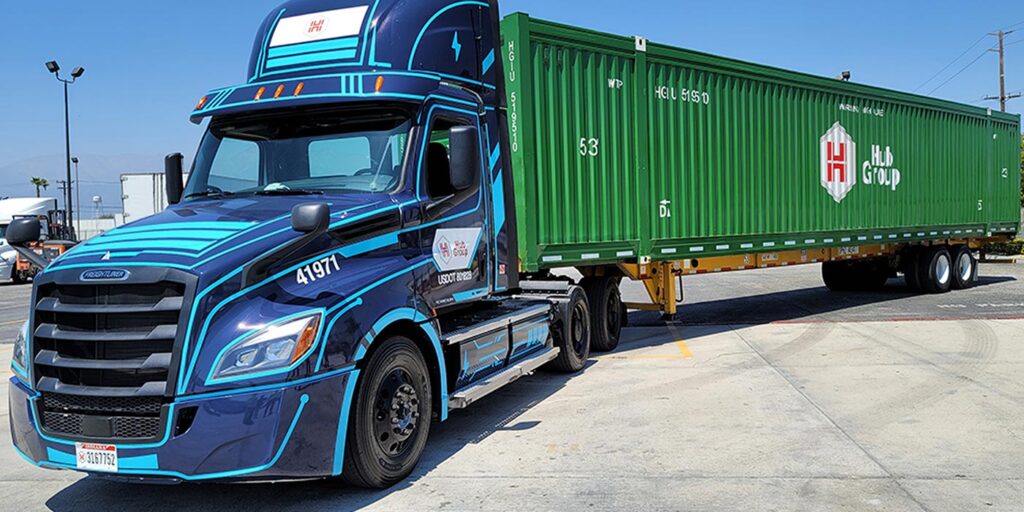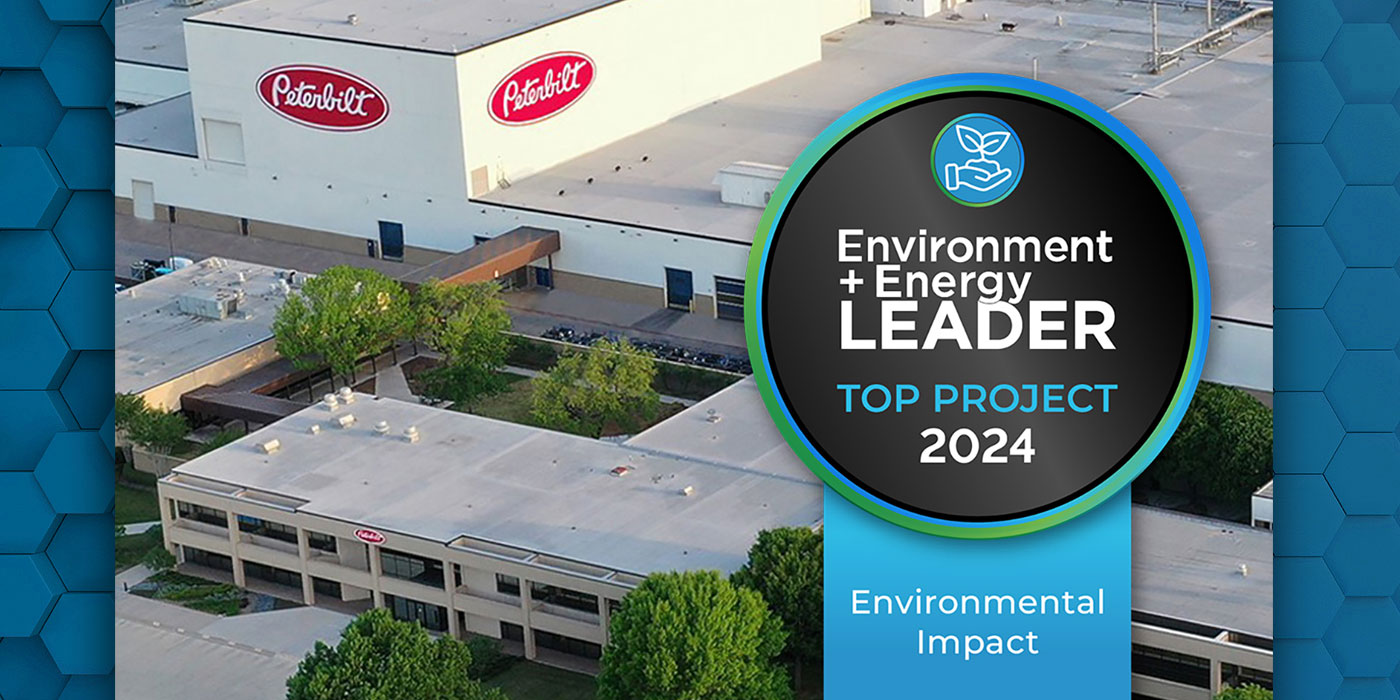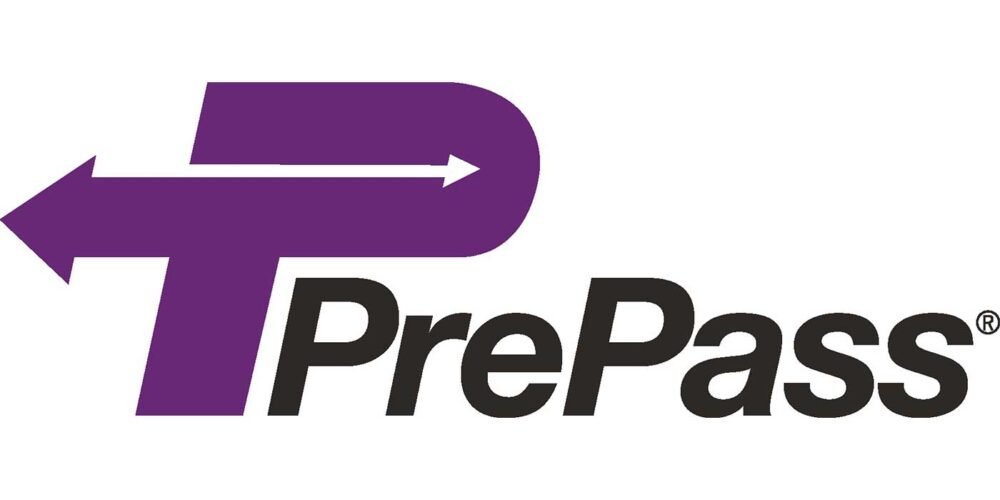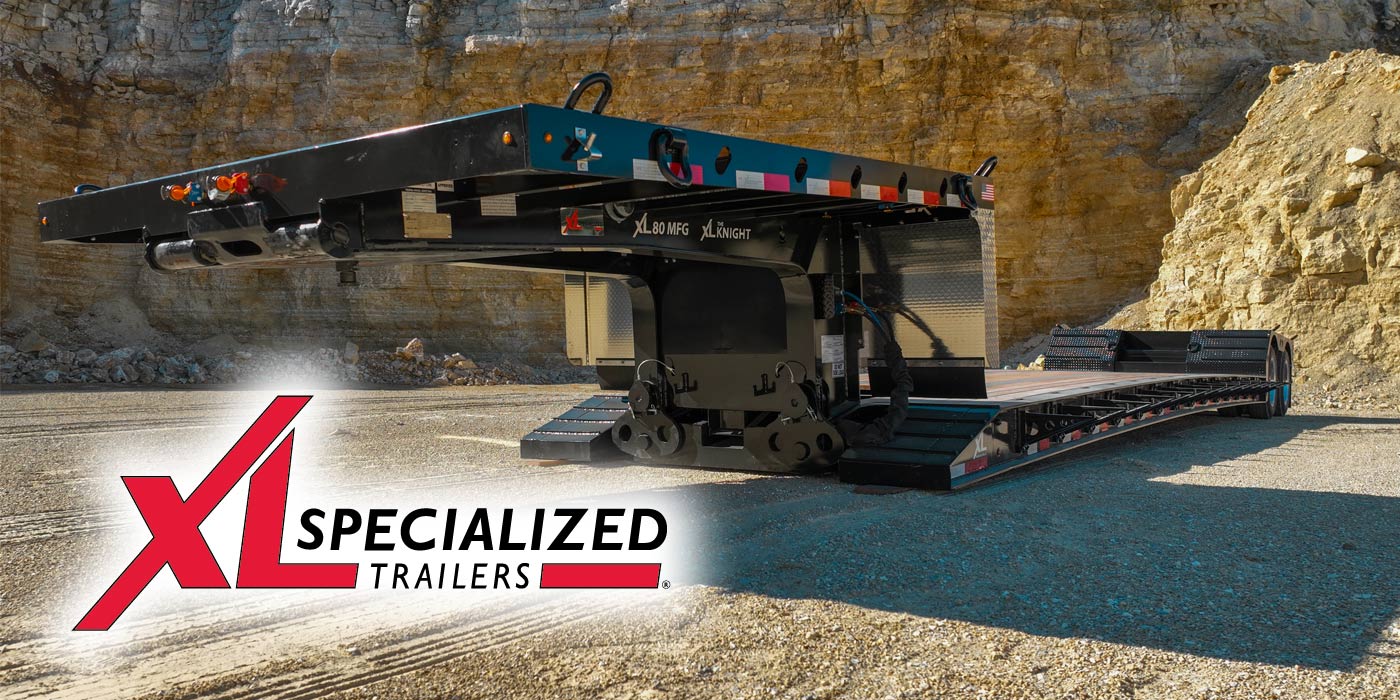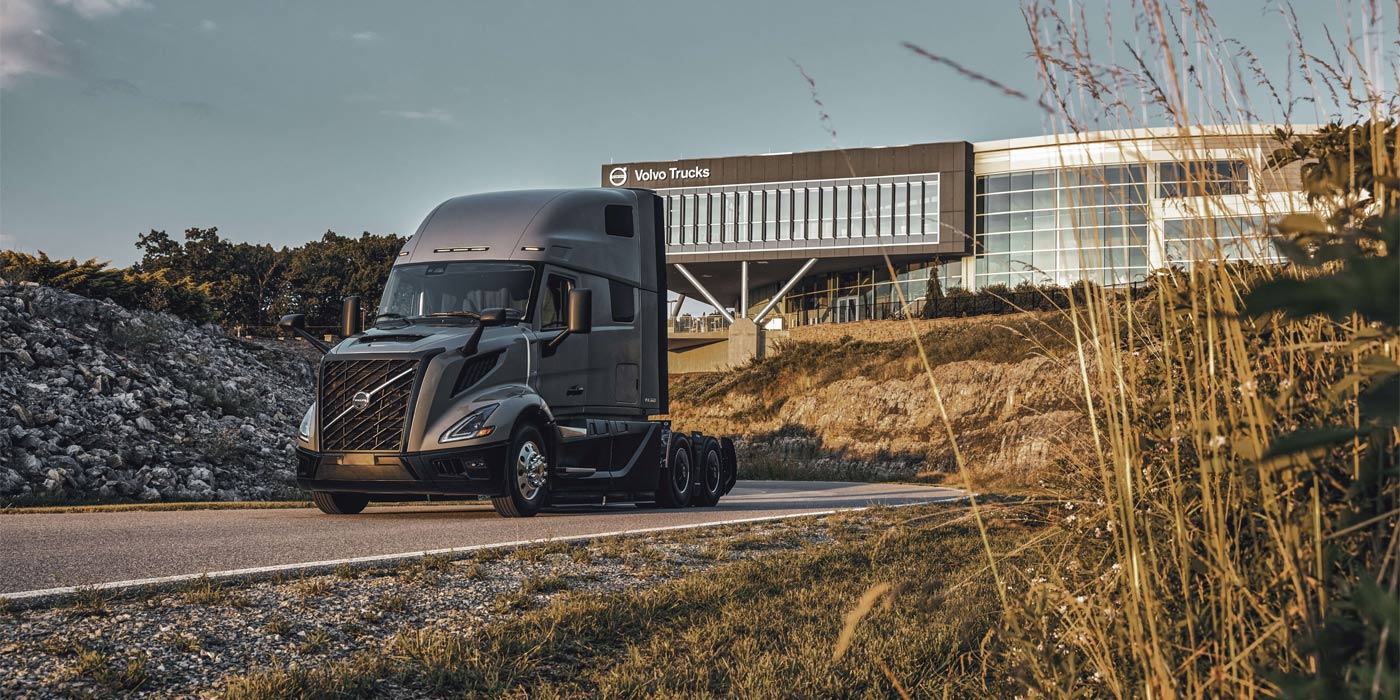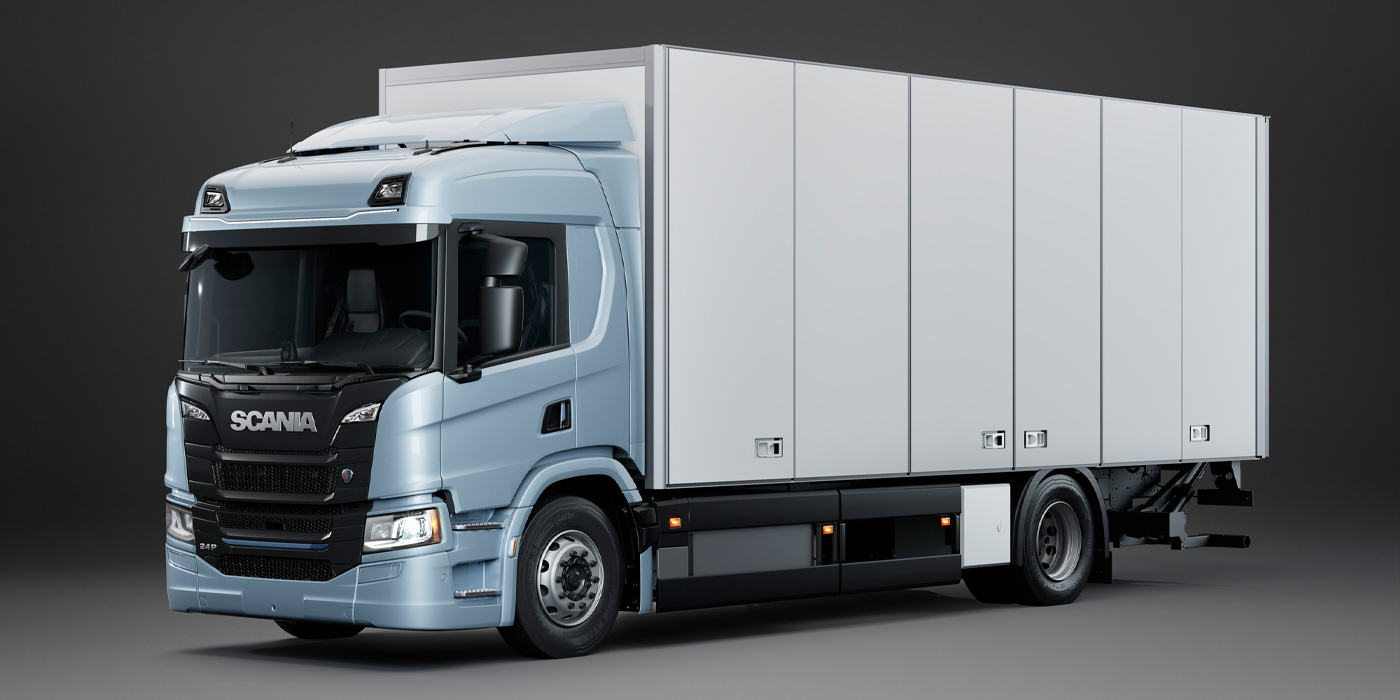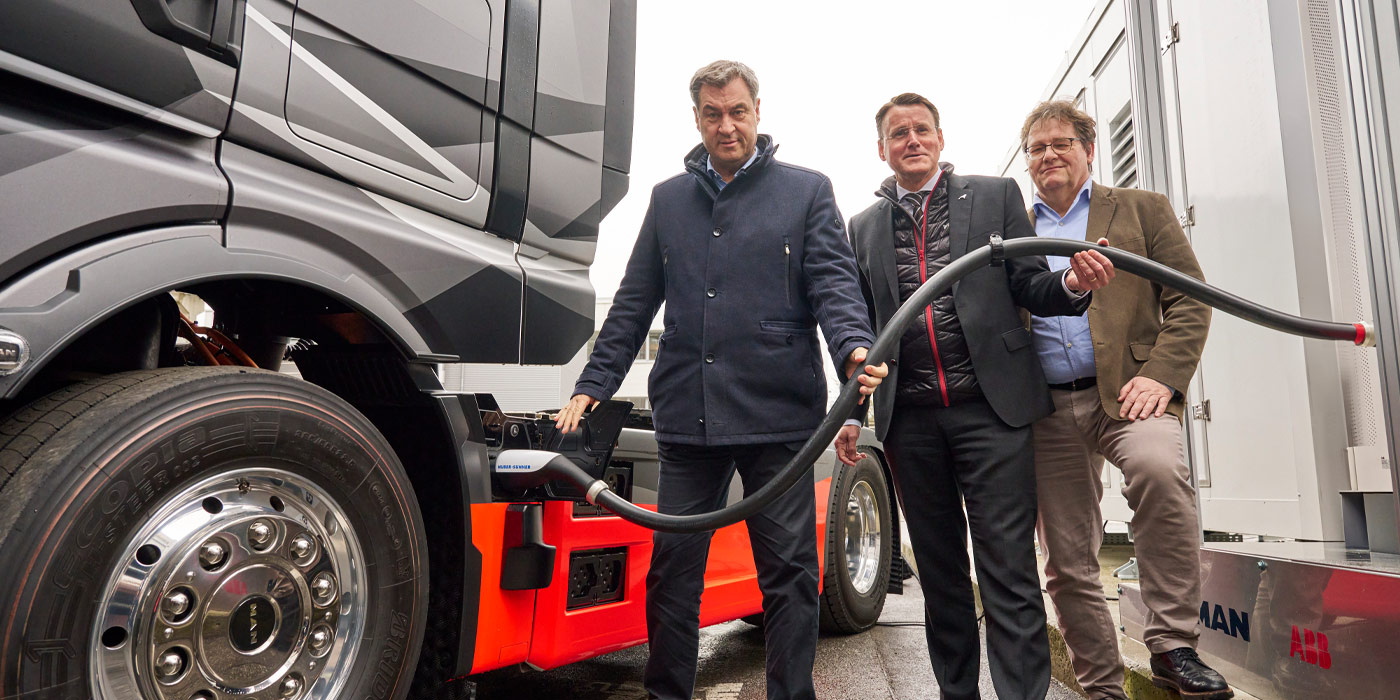The buzz of electrification in trucking continues to build as electric trucks roll into applications. While EV headlines continue to dominate (guilty as charged), diesel is still king of the road for the foreseeable future. Diesel development continues as the industry faces down another round of GHG emissions regulations in 2024, and diesel will play a key role in decarbonization efforts as fleets motor toward increased sustainability goals.
The challenge for OEMs is that there are a multitude of sustainability answers that are hungry for R&D dollars. So where is the largest manufacturer of heavy-duty trucks in North America placing its product development bets?
“We are definitely investing more and more money in the zero-emissions vehicle [ZEV] space, but we are continuing to make sure we have products to cover our customers,” said Mary Aufdemberg, general manager of product strategy and market development, Daimler Truck North America. “It starts with the question: ‘What are our customers’ primary needs?’”
The customer focus is a common refrain in today’s trucking industry, but DTNA continually brought its customers deeper into the product development cycle. Consider that the launch of the (then “new”) Freightliner Cascadia sported customer colors and logos when the truck was unveiled in 2016 as a sign of OEM, customer solidarity. From there DTNA created its Freightliner Electric Vehicle Council to develop the all-electric Class 8 Freightliner eCascadia that made its production-series debut this year.
That customer council approach now influences nearly all aspects of DTNA product development.
“It’s 100% embedded in our culture,” Aufdemberg said. “We have customer councils that represent all aspects of our customer segments. It goes beyond the EV space. We have a vocational customer council; we have an on-highway customer council. In addition to that, when we have anyone on our team going out into the field, my team talks with customers about what they like and what they don’t like.”
Gone are the days of iterative product design with a cadence that is aligned with a new product launch every five years or so.
“It’s all the time,” Aufdemberg said. “We still have the big product launches, but there are always smaller improvements and adjustments that we’re working on.”
Meeting trucking needs, sustainably
Even with the coming of new zero-emissions technologies, every fleet application is different. While power options may evolve, the need for a targeted equipment solution that meets productivity and profitability expectations remains.
“The industry is in a transformation, and transformation takes time. There are a lot of things that have to get put in place to get to a full zero-emission goal,” Aufdemberg said. “We’re very committed to sustainable products. You will continue to see us improving on our diesel, like you just saw on the DD13 Gen 5. We’re continuing to make our diesels more efficient, better for the environment. We will continue to invest in that space while we invest in ZEV as the numbers continue to rise in that space.”
So when DTNA is talking with fleets that are more and more focused on sustainability, the conversation often goes well beyond the sale of equipment. The company has created Detroit eConsulting services, for example, providing a team of eMobility experts dedicated to supporting electric truck conversion, with three service package levels.
In terms of developing new products, Aufdemberg highlighted the benefits of commonality.
“It’s one of those dual wins–It makes for a better customer experience, but it also makes better efficiencies for us as an organization when it comes to engineering the products,” she said. “Commonality is very important.”
Definitely an interesting focus in a time with so many uncommon answers to questions of sustainability, decarbonization and continuing to drive fleet profitability.
Click here to dive into our recent archives for more on DTNA developments.

